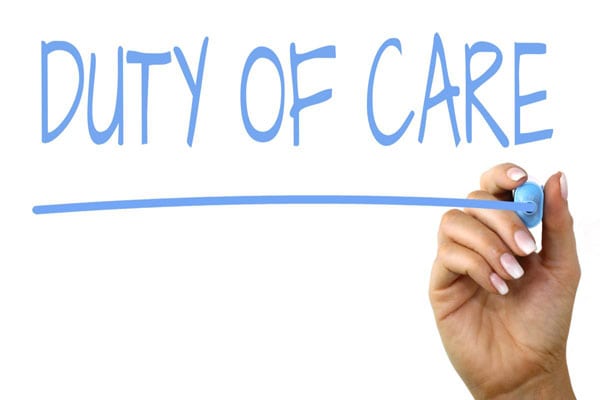
September 17, 2018; Omaha World-Herald
When the Omaha Home for Boys needed an investment vehicle for a spare $20 million it had built up in endowment over the years, it chose a hedge fund from Quantum Financial Partners, receiving marginal returns even as it paid hundreds of thousands in fees, according to reporter Henry Cordes in the Omaha World-Herald. The problem, however, lies in the fact that Darren Carlson, who was the chair of the nonprofit’s board when it made the investment, was also associated with the hedge fund.
The $20 million constituted a full third of the nonprofit’s endowment, and that is a hefty chunk to invest in one hedge fund. On top of that, the fund charged fees far higher than competing vendors, and the fund was so small that the nonprofit’s investment at the time increased the assets under management by more than half. Altogether, it was certainly not the most conservative approach to investing an endowment for an organization running a consistent annual operating deficit.
But the organization’s leadership insists the deal contained no conflicts of interest, since Carlson disclosed his ties and did not benefit directly from the transaction.
Carlson comments, “We as a board knew exactly what we were doing.” But did they? Cordes reports that:
Sign up for our free newsletters
Subscribe to NPQ's newsletters to have our top stories delivered directly to your inbox.
By signing up, you agree to our privacy policy and terms of use, and to receive messages from NPQ and our partners.
In 2017, the first full year, the charity says it realized a gain after fees of four percent. That was below the target and far below returns available in the stock market. The S&P 500 was up almost 22 percent in 2017.
But Carlson said he remains convinced Quantum will offer protection against inevitable market downturns. Carlson and Jacobs noted that in February, when the markets were down four percent, the hedge fund was up almost three percent.
Carlson and Joel Jacobs, Quantum’s CEO, are friends and members of the same Masonic organization, and they share an active interest—a “passion,” as Cordes describes it—in “alternatives…hedge funds, private equity firms, real estate and other investments that fall outside the traditional stocks and bonds that are the staples of most investing.”
So, breaking all of this down, even if the motivation was not financial for Carlson, it was arguably inappropriately influenced by his avid interests and friendships, and if that got in the way of organizational stewardship, that is a problem. The size of the investment, the sheer proportion of the endowment it represented, probably deserved a more cautious approach, and that’s what the board is there for.
One additional note: The reporter on this story, Henry Cordes, also did the investigation of Goodwill Omaha, a story which was not only thorough but resulted in significant changes at the organization and in the consciousness of the public. A reporter like this in any region should be supported by the nonprofits he investigates because it helps remind us of our ethical responsibilities. In other words, with a journalist like him on the beat, nonprofit leaders are more likely to ask themselves before making a decision, “How would this play on the front page?”—Ruth McCambridge












